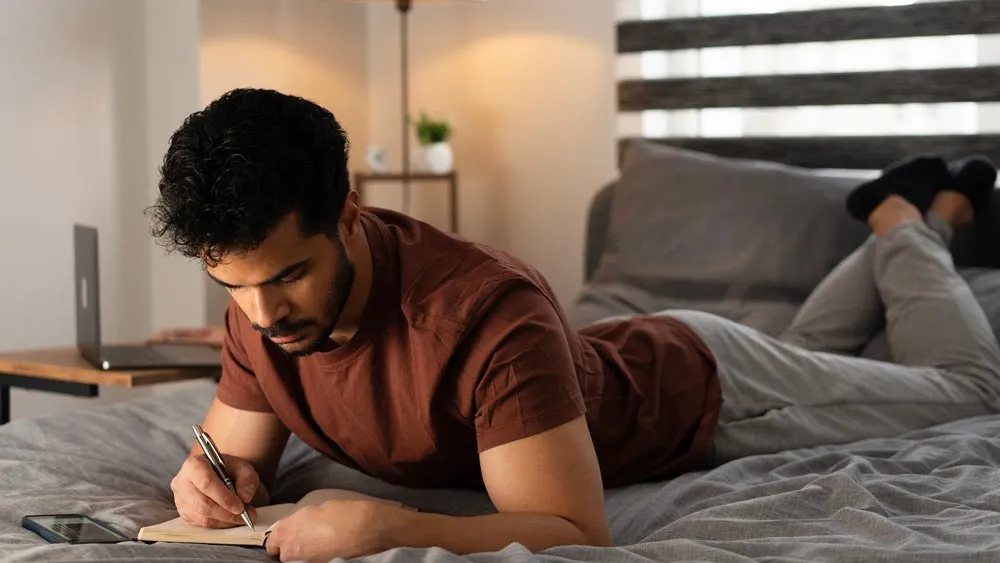November 9, 2010
Driving Around the World: From South Africa to Iran
Robert Doyle READ TIME: 6 MIN.
MUMBAI, India (AP) - Somewhere on the way from Ethiopia to Djibouti, as I continued an overland trip around the world that has taken me 30,000 miles from New York City through two dozen countries, I developed a theory about travel.
I call it the theory of global stickiness. The formula behind this discovery is this: The more you press forward around the world, the stickier countries become - meaning that it's harder and harder to get to the next country the farther you are from home.
I developed this theory as I drove from South Africa to Iran, on the second leg of a trip that started nearly a year back in the U.S. For the first leg, I drove my '96 Toyota Land Cruiser from New York to Buenos Aires. Then I put the car on a ship bound for Durban, South Africa, flew across to pick it up, and started driving north through East Africa, headed for the Middle East.
I consider this expedition to be the last true adventure on earth, and my South Africa-to-Iran drive, though difficult at times, was also filled with wonders. My first night in the wild in Africa, I camped on the shores of the Indian Ocean, waking up the next morning to find monkeys stealing my breakfast muffin and soap dish. In the weeks that followed, I shared the road with elephants, giraffes, camels, nomads, and on one harrowing stretch, with military escorts armed with machine guns.
I saw the snows of Mount Kilimanjaro, the dry deserts of Ethiopia, the tallest building in the world in Dubai, and the mysterious mosques and bazaars of Tehran. Throughout my safari in Africa, I was stunned to find hot showers. In Latin America in winter, it was difficult to find this comfort, even in hostels, but all the way through the hottest continent, I would find them in the most unexpected places - like in Malawi, on a walk through a forest, where a fire kept a pot of water warm.
In Iran, it was my luck to be short on cash in a country where people are so hospitable. Whenever I stopped, people would bring food, drinks and offers to stay at their home. I'm a French citizen; they are happy to see foreigners and they show it. Once, on the highway out of Tehran, the employees even refused my money to pay the toll.
But, for every stranger who kindly shared a meal with me on my long journey across continents, there was a bureaucrat or soldier trying to stop me from crossing a border. And it was probably somewhere around my third attempt to enter Djibouti from Ethiopia that the theory of global stickiness proved almost deadly.
The first time I was turned away from the border, I had just finished a 400-mile drive in 110-plus degree heat, my head wrapped in a scarf against the scorching wind, the massive sun overhead in a deceptively gray sky. Mystified by this bizarre foreigner without a visa, the guards sent me back through the desert, where I attempted to find an unmarked - and illegal - road across the border. The sand tracks I was following ended at a collapsed bridge.
I turned around and tried a third 500-mile detour on a dirt road where lava rocks were so sharp they shredded my tires. As I worked to fix the punctures, I found myself surrounded by a group of Somali migrants who appeared very interested in my possessions and water reserves. It was one of the few times I felt in danger since my trip began. I managed to get my truck back on the road with my head still on my shoulders - although a few bottles of my precious water went missing. But once again I was turned away by hostile border guards. Finally I headed back to the country's capital, where I bothered officials for a week until they got tired of me and gave me the documents I needed to cross the Djibouti border.
The ordeal not only gave rise to my theory on global stickiness, but it confirmed a conclusion I'd come to earlier in the trip, as I spent days and $1,300 in port fees reclaiming my truck after it arrived in South Africa. For the kind of journey I am undertaking, some qualities are more important than courage or strength: Patience and endurance.
I traveled through Latin America with a friend, but she decided not to come to Africa over concerns about security, so I've been on my own since May. When you travel alone, you have take care of everything by yourself - driving, cooking, washing clothes, gathering information for the next leg of the itinerary, finding ways of communicating and suitable campsites. There is really not one minute of down time. When finally I can crash somewhere for a few days, I get a great deal of sleep and then bury myself in the maddening paperwork and logistics.
It is hard sometimes to face all these difficulties alone, and I had fewer connections with locals in Africa than in Latin America. Don't get me wrong, everybody was courteous and curious about my trip. But the cultural divide was enormous, and in the eyes of many, I was just a white lad one might make a bit of money on. On that awful drive to Djibouti, and for the first time in my jaunt, I did wonder at times why in the world I left the comfort of my old life to end up in such a situation.
I got the same feeling later in the trip as I sailed to Yemen after loading my truck on a boat the size of a nutshell to cross the Red Sea. A friend had come to say goodbye at the port, and when he saw the tiny, rickety wooden boat, I could see from the look in his eyes that he thought it might be the last time he would see me. But somehow, after a 17-hour voyage and three breakdowns, the boat made it to the no-less dangerous Yemen territory.
The trip from Yemen to Oman was nerve-racking. The road was closed to foreigners, but I decided to take my chances and drive it. After obtaining a special pass, I was given a series of military escorts made up of guys with machine guns driving recklessly. It was unclear if they rolled at high-speed because of danger or just because they were in a hurry to get back home. Each time I got a new cortege, they demanded money. Each time, I gave the same story: All my cash was long gone to the hands of eager previous policemen.
It was also sometimes challenging in remote areas to find banks, gas stations, food and suitable places to spend the night, though sometimes I was able to negotiate lower fees or get a free pass when I was out of cash. One night, I was in rainy Mozambique with no place to stay after an unsuccessful attempt to follow the steps of Livingstone along the Zambezi River. I spotted a flag from the European Union outside a building that turned out to be a non-governmental organization operating on grants from the EU. When I explained I was a French citizen, they opened the gate and let me stay for nothing.
Throughout my trip, I've blogged and posted photos on my website, TransWorldExpedition.com, and from time to time, I also answer questions from the many individuals around the world who are following my travels. One reader asked, "What kind of gun do you carry?" Well, I have no gun. I keep pepper spray handy, but running away when I need to is still my best plan.
Another reader asked, "You do tell us interesting things about the trip, but truly, are you having fun, or has it become tiring and tedious?"
The answer to that is not straightforward. I am still having fun. But it is true that the trip has taken a toll on me. Above all in Africa, I felt drained, partly due to the heat, lack of sleep, and a haphazard diet. Heat and vibrations from dreadful roads damaged my truck and equipment (shock absorbers, air conditioning, radiator, refrigerator, laptop), so I was continuously fixing things or managing without.
Worst of all was the bureaucracy involved in the quest to cross borders. I had to adjust my itinerary many times. I'd planned to drive through Angola and Pakistan, but couldn't get visas. I didn't have time to get the permission to go through Siberia either. Finally, in a frantic effort to leave Iran, I put my truck on a container ship to India, and flew to pick it up and continue my trip.
Each time I do succeed in getting into a new country, though, I am thrilled. I have learned not to take no for an answer, and I have found that eventually, no matter what the problem is, everything turns out for the best. I won't be done with my trip until early 2011, when I plan to arrive back in the U.S. But I don't worry much anymore about anything. I am in high spirits, stronger, and proud to be still on the road.
___
Online:
Nicolas Rapp's account of his drive around the world: http://www.transworldexpedition.com
Long-term New Yorkers, Mark and Robert have also lived in San Francisco, Boston, Provincetown, D.C., Miami Beach and the south of France. The recipient of fellowships at MacDowell, Yaddo, and Blue Mountain Center, Mark is a PhD in American history and literature, as well as the author of the novels Wolfchild and My Hawaiian Penthouse. Robert is the producer of the documentary We Are All Children of God. Their work has appeared in numerous publications, as well as at : www.mrny.com.




